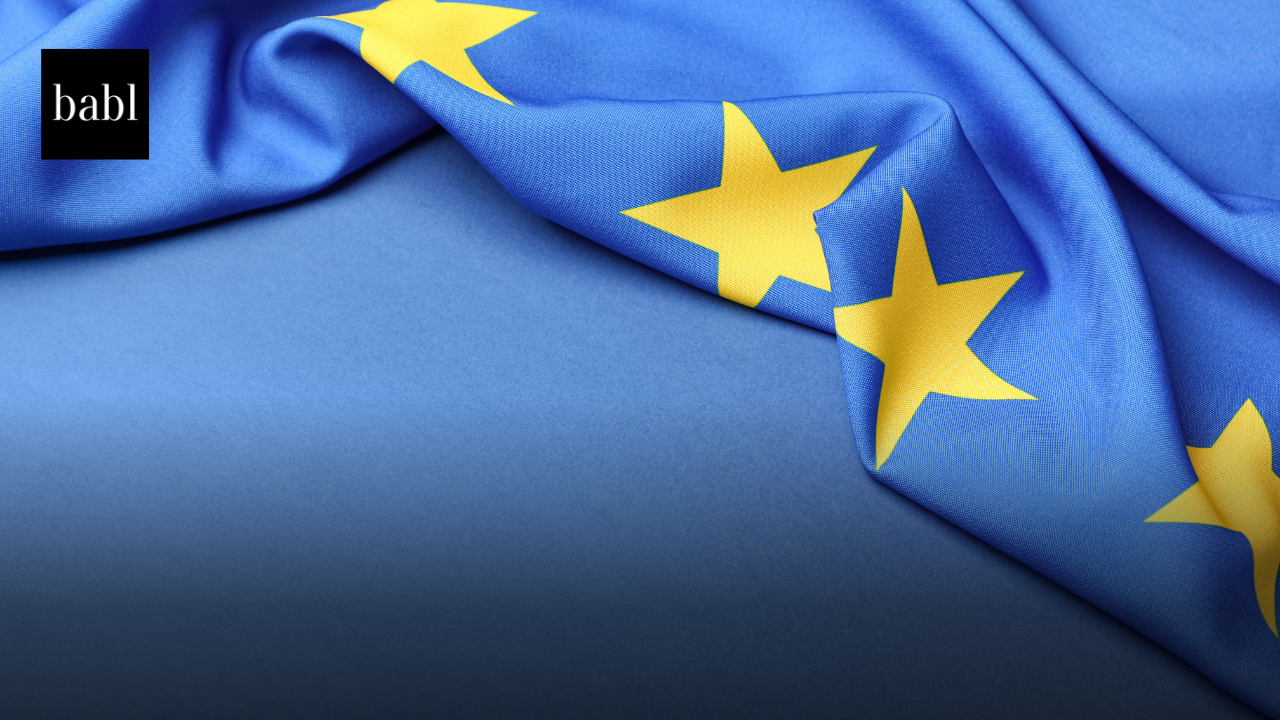Prime Minister Mark Carney wrapped up a high-stakes visit to the United Arab Emirates this week with a suite of new trade and investment agreements aimed at accelerating Canada’s export diversification strategy and expanding cooperation in artificial intelligence, critical minerals, and infrastructure.
Carney and UAE President Sheikh Mohamed bin Zayed Al Nahyan signed a new Foreign Investment Promotion and Protection Agreement (FIPA) in Abu Dhabi, establishing clearer rules for investors and paving the way for billions in long-term bilateral investment. Ottawa says the deal will give Canadian firms in engineering, clean technology, aerospace and AI more confidence to expand abroad while attracting global capital to major domestic projects.
The two leaders also announced the start of negotiations on a Comprehensive Economic Partnership Agreement (CEPA). The accord would cut tariffs, streamline customs procedures, and expand market access for Canadian exporters across a UAE economy now valued at roughly US$700 billion. Government officials say a CEPA could double bilateral trade from its current $3.4 billion to $7 billion within a decade.
The UAE used the visit to confirm a historic US$50 billion (C$70 billion) investment commitment to Canada—funding expected to flow into energy, ports, data infrastructure, and emerging technologies, including AI. Ottawa said the investment reflects global confidence in Canada’s long-term economic strategy.
A series of AI- and tech-focused initiatives accompanied the agreements. Mila, Canada’s AI research institute, launched a partnership with the UAE’s Technology Innovation Institute, while BlackBerry signed a cybersecurity cooperation deal with the UAE’s Cyber Security Council. Canada also announced upcoming business delegations focused on AI, agriculture, and infrastructure, alongside more direct flights to boost tourism and cargo.
Carney’s trip coincided with a separate announcement from Australia, Canada and India establishing a new Australia-Canada-India Technology and Innovation (ACITI) Partnership. The trilateral pact will deepen collaboration on critical minerals, green energy, supply chain resilience and the development and adoption of artificial intelligence. Officials from all three countries will convene in early 2026 to advance the initiative.
Carney called the agreements essential to “building Canada strong” in an increasingly volatile geopolitical and economic landscape.
Need Help?
If you have questions or concerns about how to navigate the global AI regulatory landscape, don’t hesitate to reach out to BABL AI. Their Audit Experts can offer valuable insight, and ensure you’re informed and compliant.





